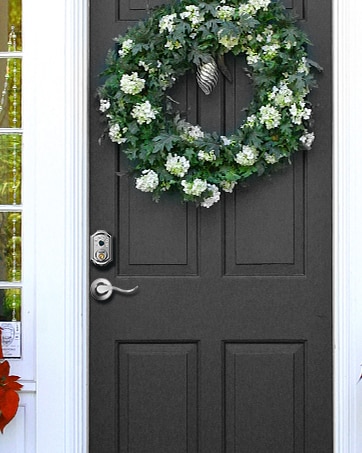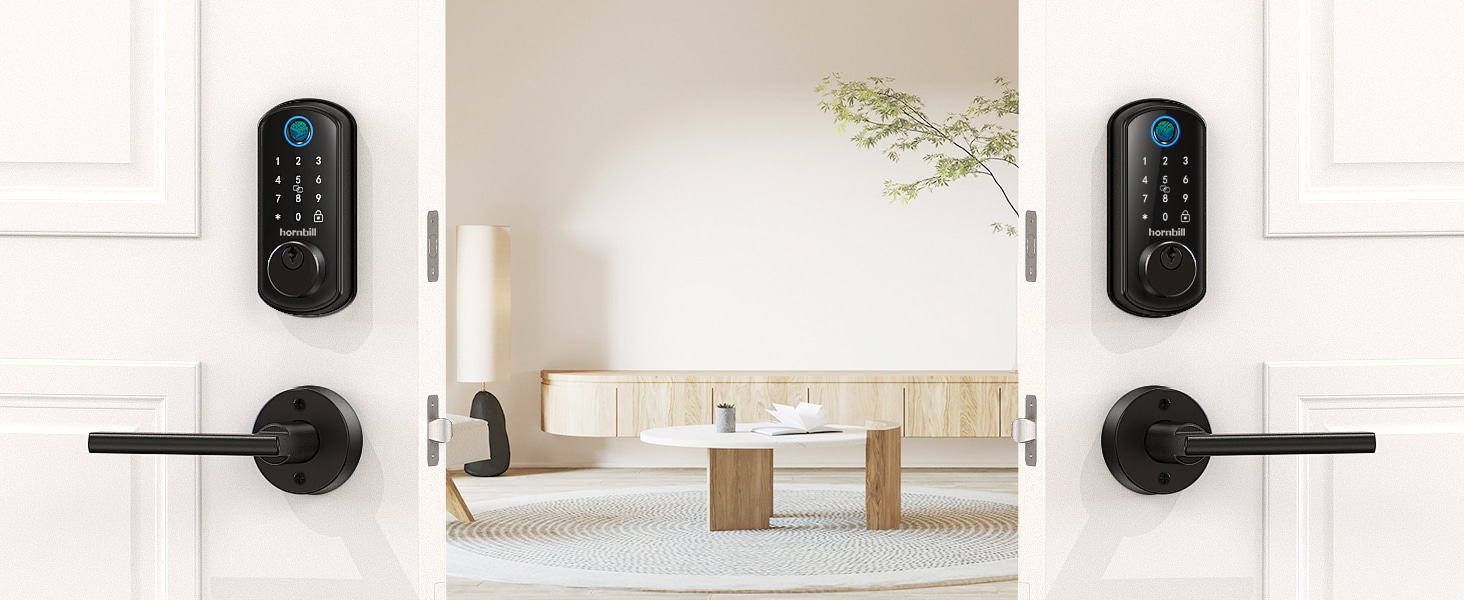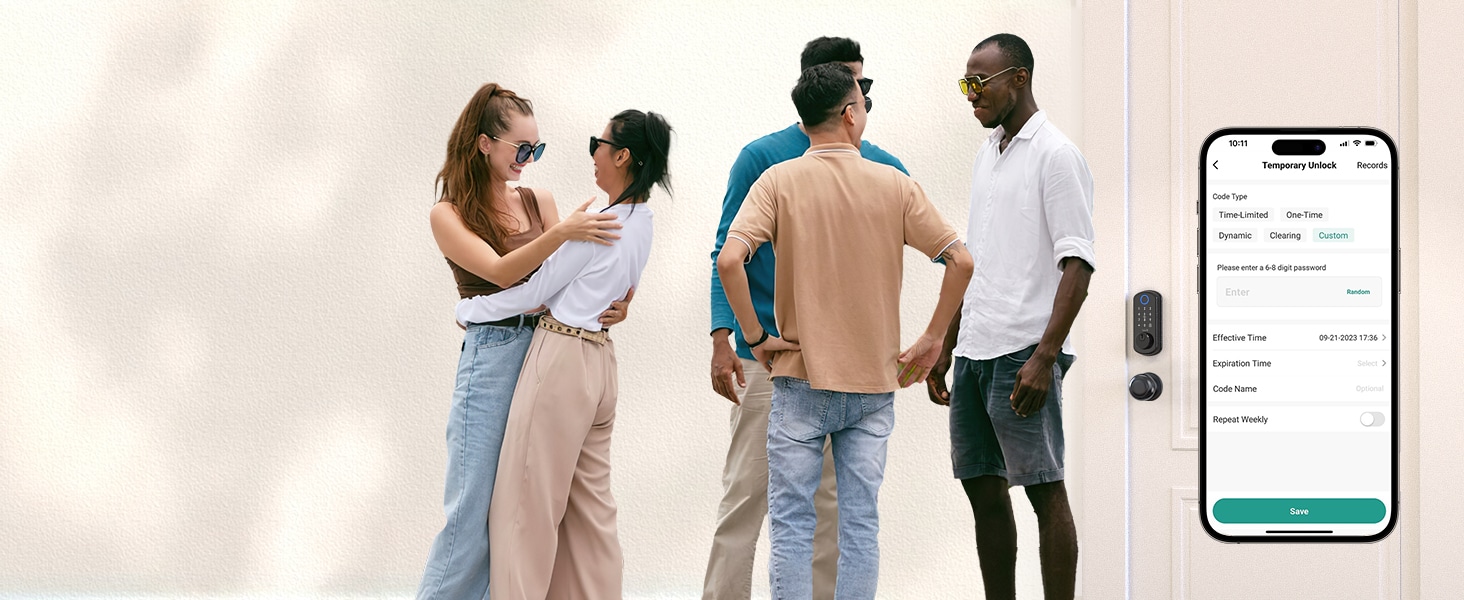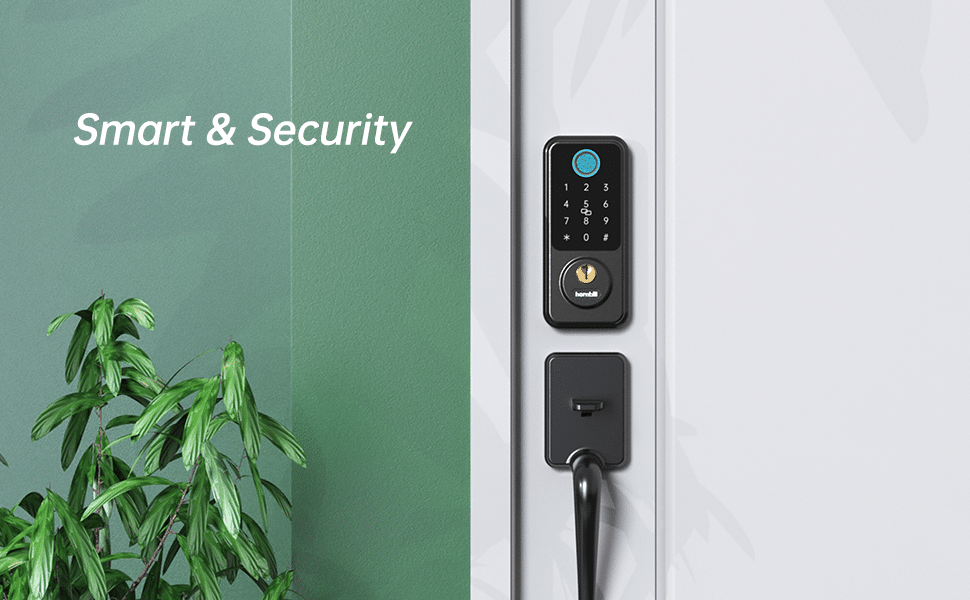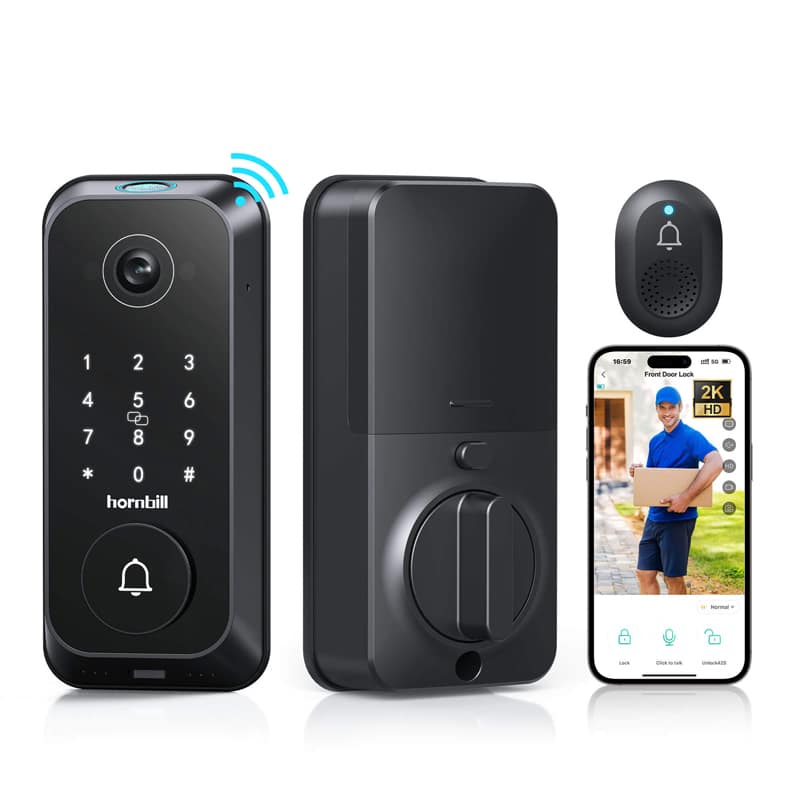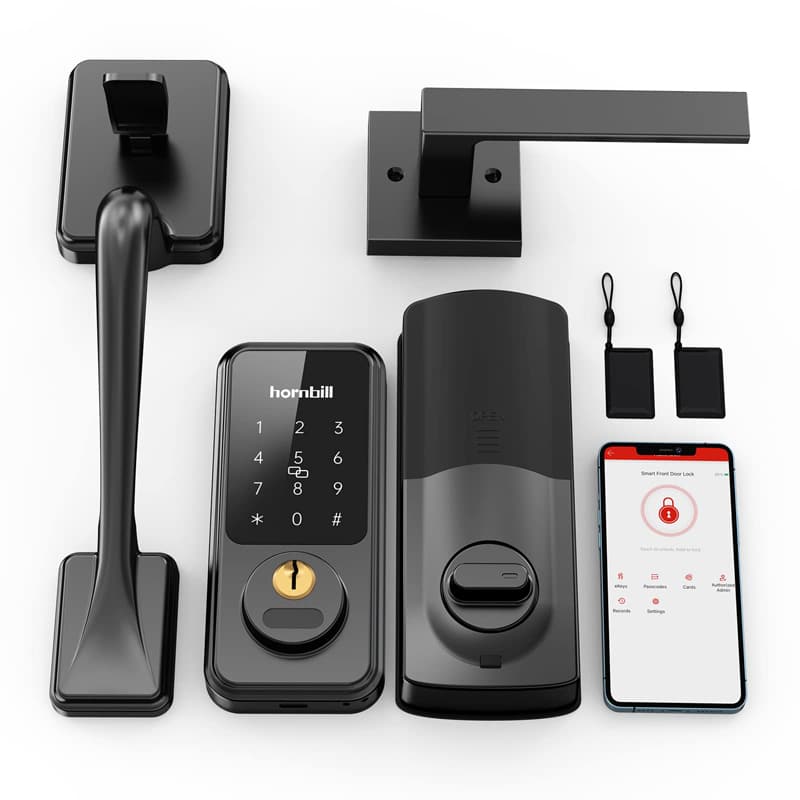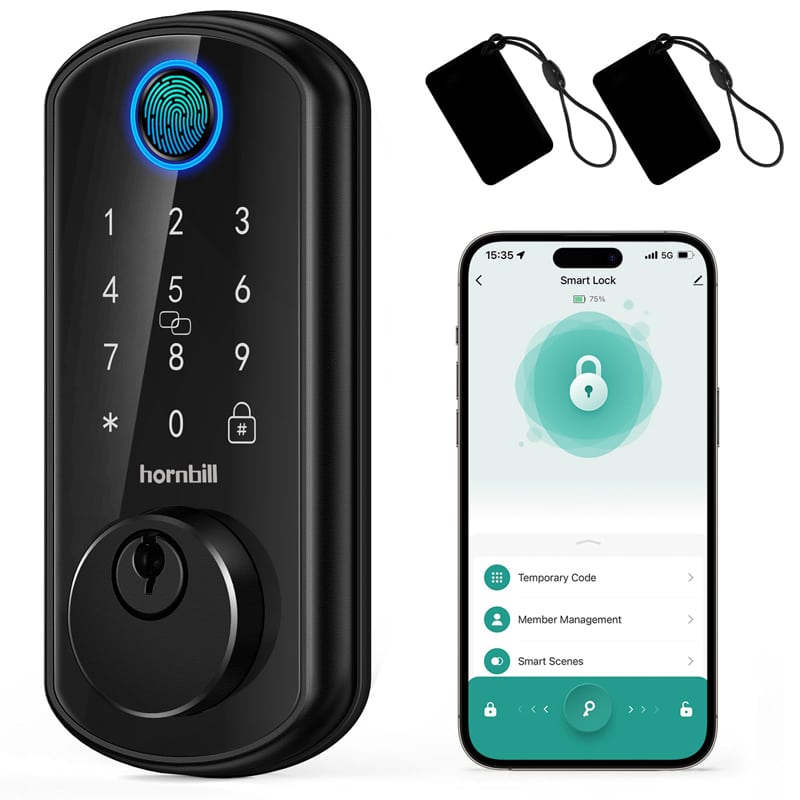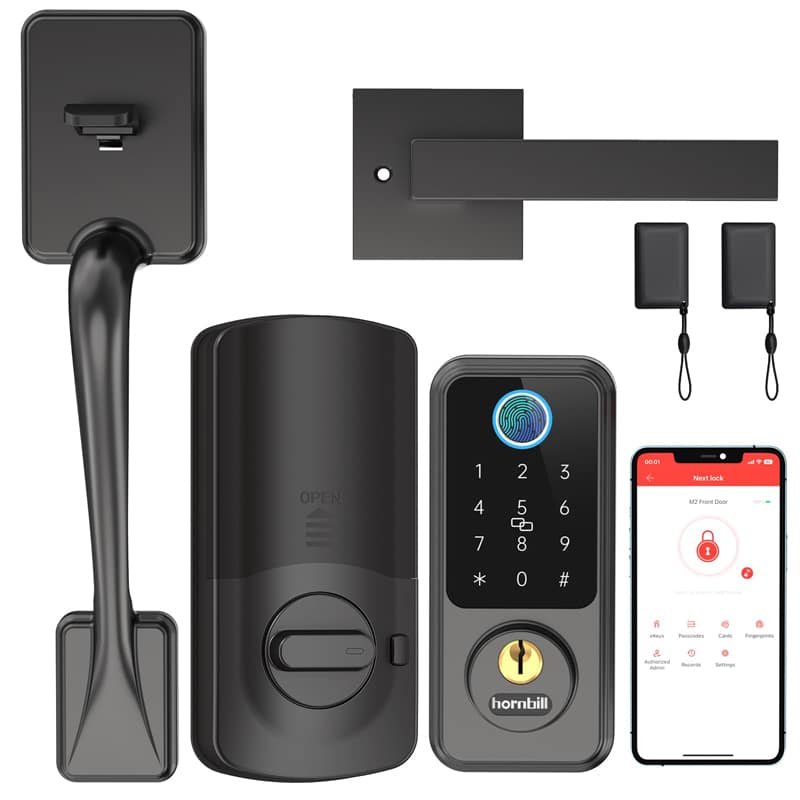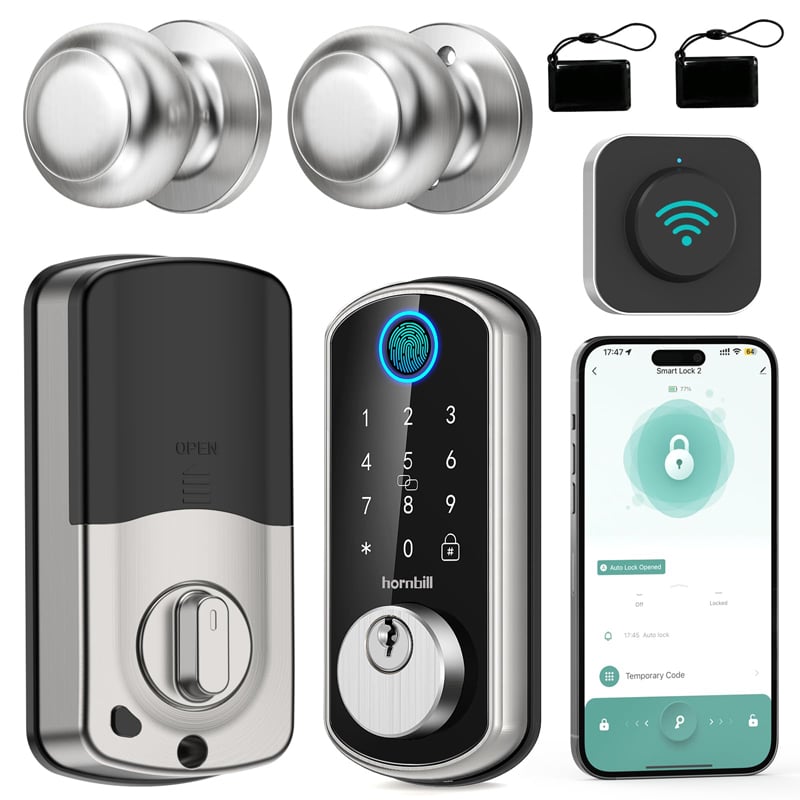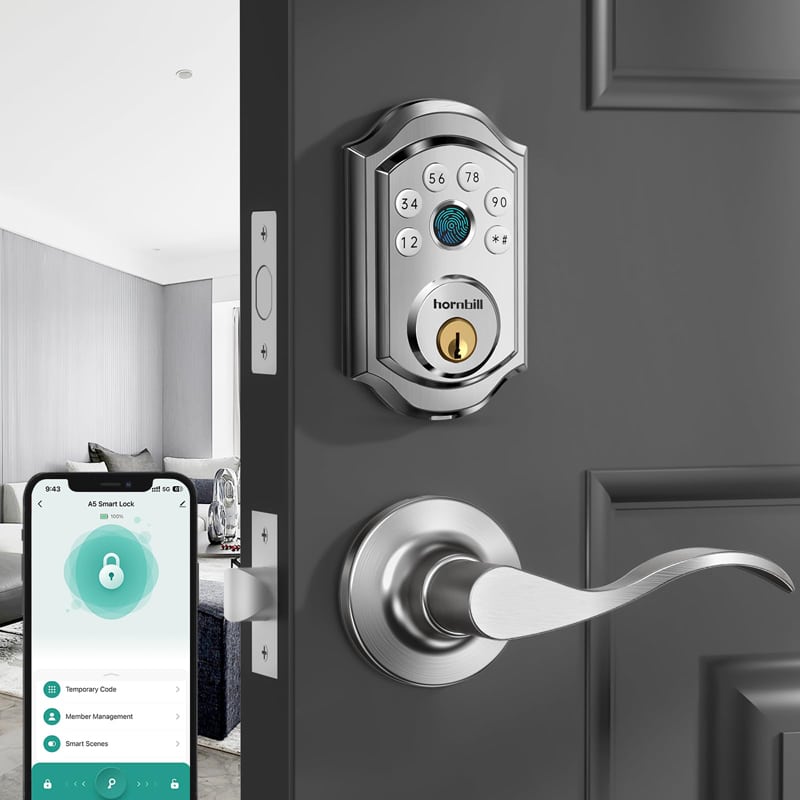In an era marked by rapid advancements in home security, keypad door locks have emerged as a popular and safe alternative to conventional door locks. These modern locking systems, designed with both convenience and security in mind, signify a shift from the traditional key and lock mechanism to a code-based access control.
A digital door lock with keypad, as the name suggests, involves a panel with numbered keys from 0-9. Instead of using a physical key to unlock the door, users enter a pre-set numerical code. The door unlocks if the entered code matches the pre-set one.
One of the significant advantages of keypad door locks is that there’s no need to carry around physical keys. Physical keys, while traditional, come with their set of woes such as the potential for loss, theft, or duplication. With keypad locks, the ‘key’ is the code committed to memory, eliminating these common problems.
Double keypad door lock offer enhanced access control. Homeowners can set and reset the passcodes as needed, adding an extra layer of security. Furthermore, most keypad locks allow the setup of multiple unique entry codes. This feature can be beneficial for houses with several residents or for granting temporary access to housekeepers or guests, eliminating the risk associated with duplicating and distributing physical keys.
Moreover, many electronic deadbolt with keypad on the market are designed with additional features like backlit keys for easy access in the dark and automatic locking after a pre-set period of time. Some advanced models also offer integration with home automation systems and/or Wi-Fi, enabling remote management of the locks and providing real-time alerts on who enters or exits the house.
Despite these advantages, like any technology, electronic keypad front door have challenges too. There is always the potential risk of someone guessing or observing your passcode. Therefore, it’s crucial to choose a complex code and regularly update it. Additionally, as most keypad locks are battery-operated, users must keep an eye on battery levels to avoid lockouts due to power failures.
In conclusion, keypad door locks present a significant technological leap in the home security landscape. While they might not entirely replace traditional locks, their added benefits of convenience, enhanced access control, and integration with modern home automation systems make them an appealing and practical choice in a digital age.
Disclaimer: This article is for informational purposes only and does not endorse or provide guidance for any illegal actions related to bypassing app locks or unauthorized data access. Such activities are punishable by law.

